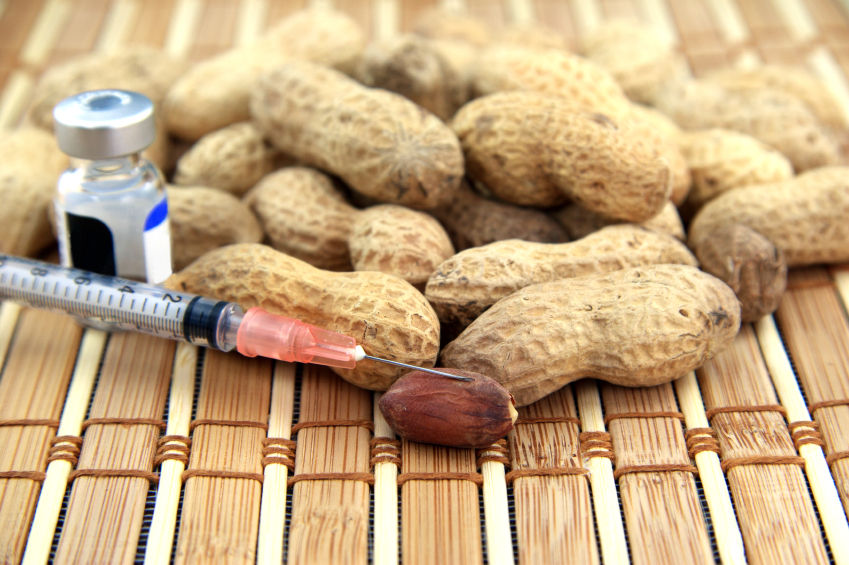An allergy is based on the release of histamine. When you get a bug bite the bug injects something like histamine into your skin, you feel itchy. We have white blood cells all throughout our bodies, including our mouths, skin, eyes, noses, etc., and these white blood cells make histamine. So when you’re exposed to something you’re allergic to, you will release histamine.
If you are food allergic, eating that food will cause the release of histamine, making you feel itchy, congested in the nose, hives, and maybe even swelling of the throat and tongue. If you eat a food and you think it makes you feel tired or bad without any release of histamine that may be considered just normal. But you should be evaluated by an allergist trained in food allergies.
One of the latest fads is gluten sensitivity or gluten intolerance. This is a very serious disease that is diagnosed by a specialized blood test or a biopsy of the small intestine. Some people erroneously feel that gluten causes fatigue, hair loss, autism, trouble sleeping, or weight gain. In reality, if you have celiac disease this can be life-threatening and will negatively impact your life if you do consume gluten products which include wheat, oat, rye, barley.
Approximately 15 million Americans have a life-threatening food allergy. The most common foods in the world to cause food allergies are eggs, milk, soy and wheat. Most American children will only show release of histamine problems such as eczema, asthma, mucous production, nasal congestion and an increased frequency of ear infections. Fortunately, many children will outgrow these food allergies by 7 years of age.
The most common life-threatening food allergies are to peanuts, followed by the rest of the nuts, shellfish and fish. Only 15% of people will outgrow these food allergies. Undergoing a skin test or specialized blood test can tell you if you’re allergic to food and how allergic you are.
Life threatening food allergic individuals need to carry epinephrine, Benadryl and prednisone with them, along with a written food allergy plan. Training care takers on the proper use of epinephrine and the food allergy plan is important.
I congratulate all of the parents I know that have a food allergic child and how they make sure their children go, go, go and enjoy life. They have a plan and a good system established to put ease and comfort into their child’s life.
The annual fundraiser for F.A.R.E. (Food Allergy Research and Education) walk will be held this September 27, 2014. This is a great opportunity to meet other families and have fun. Join our team “K Allergy” or make up your own team or come as an individual.
CLICK HERE TO JOIN OUR WALK TEAM OR MAKE A DONATION FOR FOOD ALLERGY RESEARCH & EDUCATION


